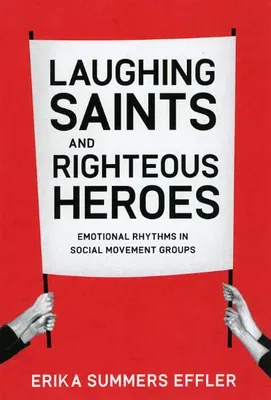Erika Summers Effler
(Author)Laughing Saints and Righteous Heroes: Emotional Rhythms in Social Movement GroupsPaperback, 1 April 2010

Qty
1
Turbo
Ships in 2 - 3 days
In Stock
Free Delivery
Cash on Delivery
15 Days
Free Returns
Secure Checkout

Part of Series
Morality and Society
Part of Series
Morality and Society (Paperback)
Print Length
256 pages
Language
English
Publisher
University of Chicago Press
Date Published
1 Apr 2010
ISBN-10
0226188663
ISBN-13
9780226188669
Description
Product Details
Author:
Book Format:
Paperback
Country of Origin:
US
Date Published:
1 April 2010
Dimensions:
22.61 x
14.99 x
2.03 cm
ISBN-10:
0226188663
ISBN-13:
9780226188669
Language:
English
Location:
Chicago, IL
Pages:
256
Publisher:
Weight:
362.87 gm